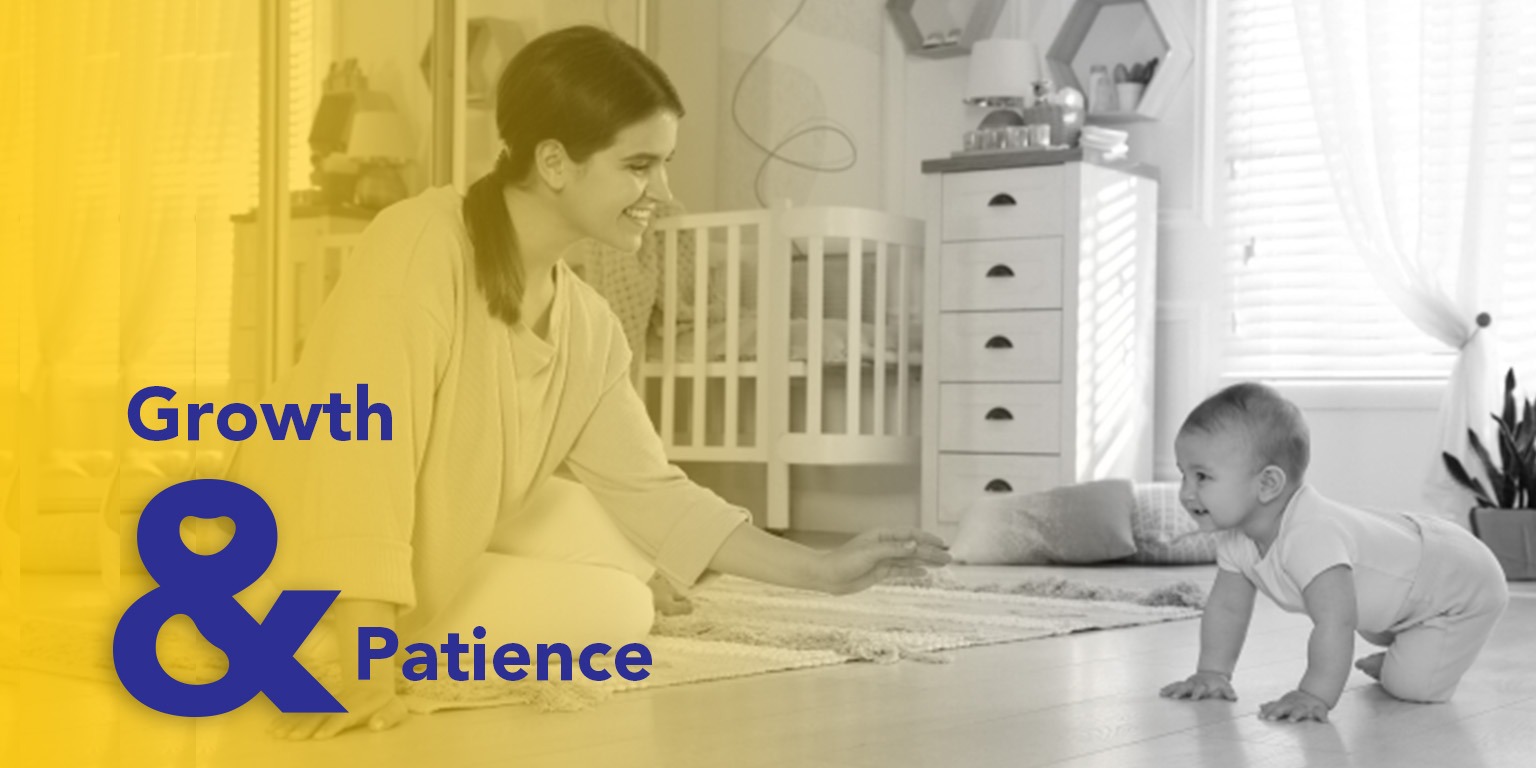When do children walk? How late is too late? How can I support my child to walk?
Addressing developmental delay: Dr Rajesh Reddy
When do children walk?
This Question may arise in every parent’s mind when they give birth to their child, But amidst the excitement, questions might flutter around in anyone’s mind “Is my child taking too long? What if there’s a delay? when do children walk ?”
Dr Rajesh, a renowned pediatrician at Little Stars & She Hospital, is here to guide you through the journey of little footsteps, addressing concerns and offering expert advice. Each child embarks on their walking journey at their own pace, influenced by various factors like muscle strength, coordination, and neurological development. The average age range for independent walking is between 12 and 18 months, with some achieving it as early as 9 months and others taking their time until 20 months.
Before those first steps, your little explorer embarks on exciting pre-walking adventures:
- Rolling: Around 4-6 months, they discover the joy of rolling, strengthening their back and neck muscles.
- Sitting: By 6-8 months, they master the art of sitting, gaining core stability and balance.
- Pulling up: Between 8-10 months, they pull themselves up using furniture, showcasing arm and leg strength.
- Cruising: At 10-12 months, they confidently “cruise” along furniture, perfecting coordination and weight transfer.
How late is too late?
Addressing Delays: Stepping Beyond Assumptions:
-
Walkers hinder natural development.
Walkers actually restrict movement and can delay muscle development needed for independent walking. Encourage exploration in safe environments instead.
Comparing timelines creates unnecessary worry.
Focus on your child’s individual progress and celebrate their unique achievements. Milestones are guidelines, not rigid deadlines.
Delays always indicate serious problems.
Early intervention can address underlying issues and support your child’s development. Don’t hesitate to seek professional guidance.
How can I support my child to walk?
Creating a Supportive Environment:
Here are Dr. Rajesh’s expert tips to nurture your little explorer’s walking journey:
- Barefoot exploration: Sensory feedback from the floor helps develop balance and coordination. Let them walk barefoot at home whenever possible.
- Safe environment: Ensure a safe space free of sharp objects and tripping hazards.
- Equal support: Encourage them to explore independently without relying on furniture or adults for constant support.
- Engage their curiosity: Place exciting toys just out of reach to motivate them to move towards them.
- Positive reinforcement: Celebrate their efforts, big and small, with words of encouragement and affection.
These are some of the major precautions that every parent should take care of for their little ones.
Have questions about your child’s walking milestones or any developmental concerns? Schedule an appointment with Dr. Rajesh at Little Stars & She Hospital today! Let’s create a supportive environment where your child’s little steps lead to big adventures.


